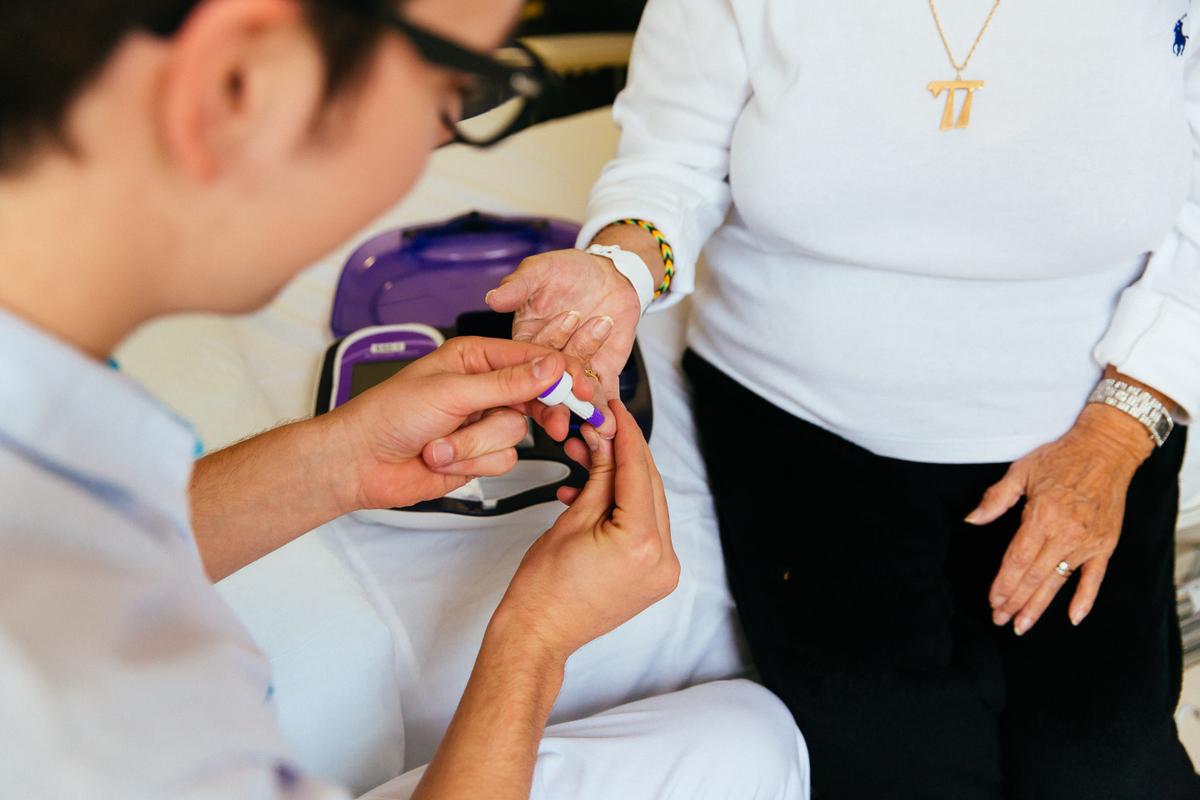In the reporting on COVID-19 it was always assumed that ‘diabetes’ in COVID-19 created an increased risk for hospital admissions. Researchers from the endocrinology departments of UZ Leuven and OLV Aalst examined whether type 1 diabetes patients run a higher risk of complications when contracting COVID-19. This turned out to not be the case.
No admissions to intensive care
The trial involved more than 2,300 people with type 1 diabetes. “We saw that they ran the exact same risk to end up in hospital with COVID-19 as people without the illness", according to prof. dr. Chantal Mathieu, head of the endocrinology department of UZ Leuven. “Not a single COVID patient with type 1 diabetes was admitted to an intensive care ward and everyone survived the disease.”
The trial did show that the number of hospital admissions of patients with type 1 diabetes increased the last couple of months, but for other reasons than COVID-19. “We suspect that more people were afraid to come to the hospital or to contact their GP. As a result they were too late coming to the hospital with severely disrupted blood sugar levels or foot injuries”, according to professor Frank Nobels, head of the endocrinology department of OLV Aalst.
Reassurance
For patients with type 1 diabetes these conclusions are important. “We can now reassure our patients that the normal measures, such as washing your hands, keeping your distance and wearing a mask are sufficient”, according to prof. dr. Roman Vangoitsenhoven, endocrinologist at UZ Leuven and researcher of the trial. The guidelines issued by Sciensano have been modified in Belgium from ‘diabetes as a high risk of COVID-19’ to 'adults with type 1 diabetes combined with overweight and/or high blood pressure and/or heart and vascular diseases and/or kidney disorders’.
About type 1 diabetes
In diabetes type 1 the body does no longer produce insulin, causing sugar levels in the blood to increase. Type 1 diabetes covers 10 to 15 per cent of all types of diabetes and develops especially, (but not exclusively) in children and young adults.
